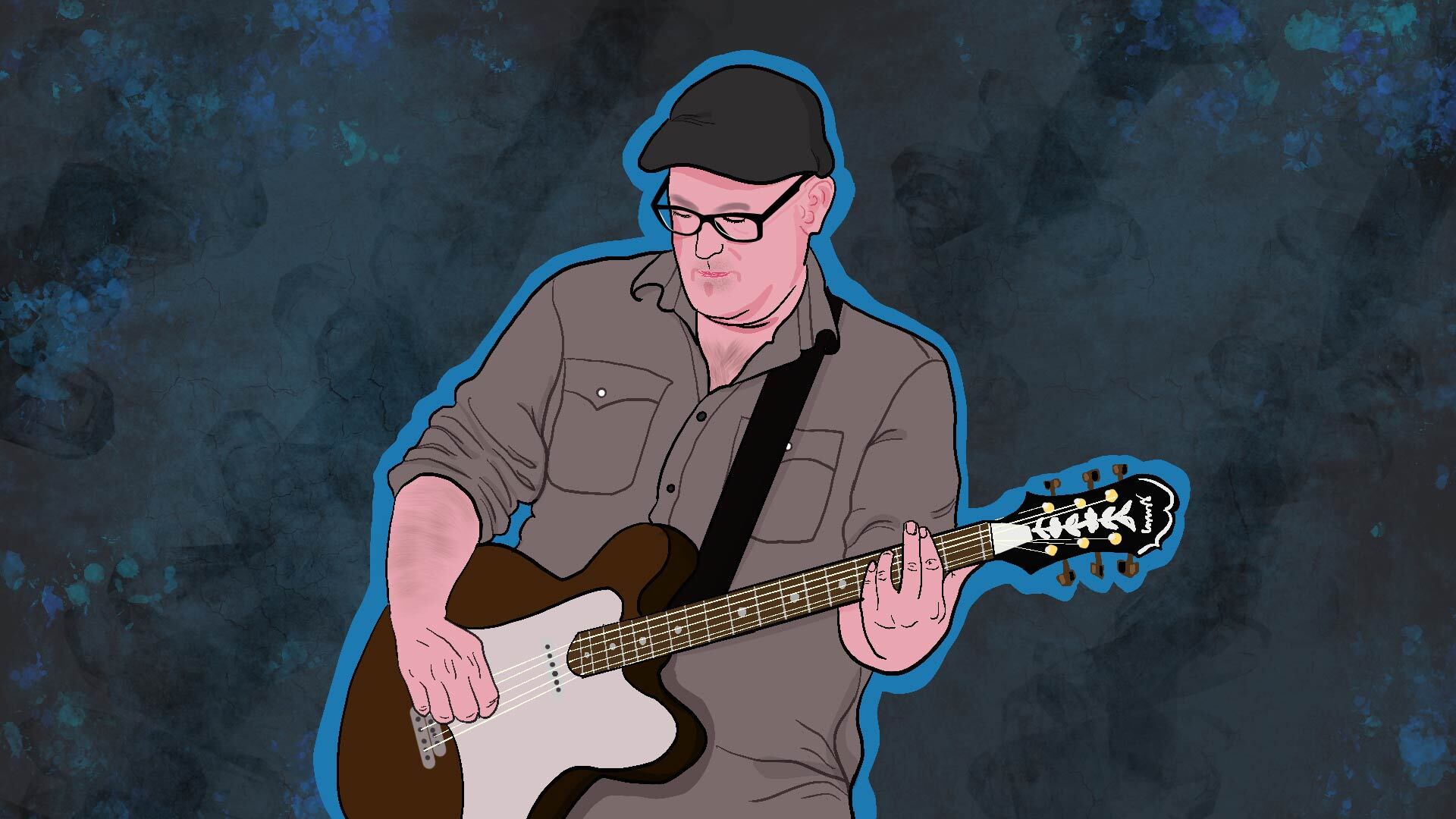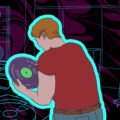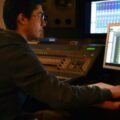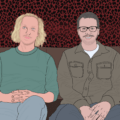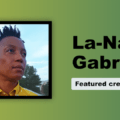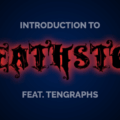A well-established name in Quebec’s audio world has recently joined the list of RAC instructors. Martin Riopel, a multi-instrumentalist with a passion for sound, has sought to surround his life with music since he was a teen. Today, he takes pleasure in embodying the various roles entrusted to him as a composer, sound designer, audio editor, arranger, producer, mixer, and teacher, not to mention co-founder of the Last Exit Audio studio, dedicated to embellishing our media experiences with the power of sound. Already with a self-produced instrumental album, Music For Your Soul (2010), Martin shares his insatiable enthusiasm for the interaction between experience and sound.
RAC: First off, could you tell us about your musical and audio career?
Martin: My passion for music began in high school with saxophone lessons and intensified when I received a guitar for my 13th birthday. With a curiosity for sound, I started recording and creating soundscapes with whatever I could get my hands on. After my studies in pop-jazz guitar, I took on a series of projects in various genres. I founded L’Académie de Musique de Lorraine in 1999 to share my passion while perfecting my skills in musical composition and arrangement. With the group Bactérie, I co-produced the album Repos Sur le Hasard, which had notable success on alternative rock radio and MusiquePlus. My studio experience strengthened my determination to work on my own and other artists’ music. I also contributed to Red Emery’s album Uncomfortable. My focus has broadened to composing for television, film and advertising, contributing to various projects and soundtracks.
RAC: Why build your own business? Was that the goal when you entered the world of audio?
Martin: I’ve always been self-employed in this field. I met my colleagues/friends/cofounders while studying film music at UQAM. Our skills in different areas of audio and music were complementary, so it made sense to join forces.
RAC: What’s your favourite role in the various services you provide?
Martin: Honestly, it’s like asking a parent who their favourite child is! Every facet of my job has its challenges and advantages. What drives me to get up in the morning (I’m a very early riser, which is unusual in this business) can be the desire to perfect a composition, finish a mix, as well as listen to and grade my students’ work. All these different dimensions allow me to be in the heat of things, in touch with interesting people, and express my creativity.
RAC: Your sound library creations vary in musical genre: rock, pop, alternative, electronic, orchestral, even dubstep. Many of the tracks fit together on an album. Do you design them with this in mind?
Martin: When it comes to my music library, I see each piece as a whole, like a painting. As if there were already images. A little anecdote: one day, in the early 2010s, I wanted to do a Green Day-style punk/rock piece. After I’d finished the mix, I asked the people around me if it sounded right, and they responded positively. So I put it online. Two years ago, when I checked my SOCAN statement, I saw that the piece had been used in a Green Day documentary on MTV!
RAC: Since you create a lot of content for music libraries, what advice would you give to composers who want to get into this field?
Martin: There’s no secret, it’s all about composing a lot! By being attentive to musical trends in the visual media. Listen carefully to commercials, series or documentaries. Being passionate, many things ignite my creativity, so I like to diversify in terms of musical genres and styles. My advice to composers who want to go down this road is to do as much as possible and vary their productions.
RAC: How did you come to work with big companies like The Food Network, Netflix, Hasbro, Captain Morgan, Discovery Channel?
Martin: It’s mainly through music libraries, which are excellent showcases. Often, a customer may like what I do but have a specific idea or application in mind. So they contact me for customized music.
RAC: You’re now an instructor at RAC, what’s the most important thing you want to teach your students?
Martin: Perseverance, a job well done, punctuality, respect for instructions. When they have a project to deliver, I always put them in a real-life situation. I have my classic phrase: “You’ll find me annoying, but for this job, I’m not your teacher, I’m your customer.” Putting them in this situation gives them a taste of what awaits them after the program.
RAC: You make binaural mixes. Given that there is a growing demand for surround mixes these days, what elements do you think are essential for creating good surround or binaural mixes?
Martin: To fully exploit immersive audio with speakers (5.1, 7.1, Dolby Atmos, ambisonics), it’s crucial to have installations equipped with high-quality gear, carefully calibrated for the intended use. For binaural, the use of quality headphones is essential, while being aware of the inherent limitations of this technique, especially blind spots. When mixing binaurally, if the broadcast is exclusively on headphones, the process remains relatively straightforward. However, when broadcasting on a variety of platforms, or when converting from 5.1 or 7.1 to binaural, you need to be vigilant that the elements of the mix are fully present, and do not disappear into blind spots.
RAC: You trained at Berkeley School of Music in Contemporary Techniques in Music Composition, Game Audio Production with Wwise, and Film Scoring 101. How have these experiences and lessons changed the way you work?
Martin: Sometimes, when you’re composing, you get into a certain routine, revolving around the same elements – the same creative patterns. Creating around the same things can be counterproductive for an artist. On the other hand, there’s a boundary between the artist’s personality and what I call “artistic autophagy”. In other words, the artist enters a kind of spiral where they plagiarize themselves. The artist is self-influenced and feeds off what they produce. Much of their production is similar in many ways, and when they try to get out of this vortex, they’ref faced with a blank page. The Contemporary Techniques in Music Composition course really helped me to inject a breath of fresh air into my creative process by giving me new tools used by many masters in the field.
RAC: What are you going to focus on in 2024?
Martin: As well as teaching, I have several projects in the pipeline. I’d like to work more in the world of video games and anything to do with interactive music: the possibilities are almost endless. Life seems to be pointing me naturally in this direction as I recently started to work as a composer and sound designer at Squido Studio, an innovative VR video game company in Montreal.
Written by Caroline Boivin
Illustration by Holly Li
